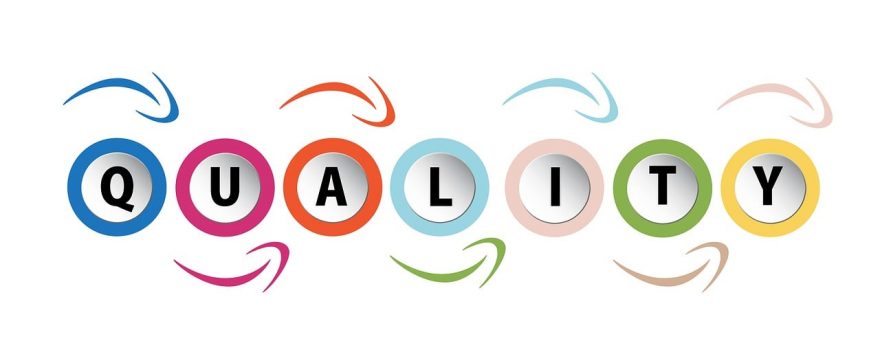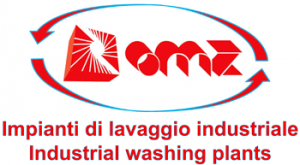
In this we want to talk to you about ISO certifications, so if you want to know more, keep reading. The first thing we will do is understand what is meant by ISO certifications and therefore what they are for. Let’s see it together.
When we talk about an ISO type standard we are referring to a document that defines the characteristics and standards of a process or a product or service, which has the following fundamental characteristics:
- Consensual;
- Democracy;
- Transparency;
- Voluntariness.
Having said this, you should know that the standard takes on a different name depending on the reference: it is called an international standard (ISO), a European standard (EN) and a national standard (UNI).
But let’s take a small step back: ISO, or the International Organization for Standardization or ISO, is the most important organization in the world for the definition of technical standards and carries out consultative functions for the United Nations Educational Organisation, science and culture (UNESCO) and for the United Nations Organization (UN), which saw its birth in 1947, has developed 22,683 international technical standards up to 2019.
You will therefore have understood that it is the most authoritative organization in the world on the subject, whose certifications are among the most valid on the international scene. The guidelines dictated by ISO certifications are voluntary: adherence to them is not in fact mandatory by law, but is necessary to obtain them. These certifications deal with certifying the company’s compliance with evaluation criteria aimed at establishing the presence of specific elements within the company processes.
Why they are important for companies?
For a company, obtaining ISO certifications on these standards guarantees numerous advantages, among which:
- Increase the value of the company on the market by improving its credibility and image;
- Highlight to customers the company’s commitment to continuously improving its standards;
- Spread within the organization a culture oriented towards making decisions based on concrete and measurable facts;
- Involve employees in improving the processes within which they work, generating greater commitment and satisfaction in them.
But what are the 5 most requested ISO certifications?
There are truly many standards to which companies can decide to certify, but among the most renowned we find:
- ISO 9001- QUALITY: is a globally recognized standard, which defines the requirements for quality management systems in the workplace. It is a regulation aimed at the constant improvement of the company, with the aim of optimizing the organizational structure; we at OMZ srl have been ISO 9001/2015 certified since January 2023.
- ISO 14001 – ENVIRONMENT: the standard specifies the requirements for an environmental management system that an organization can use to develop its environmental performance;
- ISO 45001- SAFETY AT WORK: it is the international standard that specifies the requirements for an occupational health and safety (OSH) management system. The standard provides guidance to enable organizations to provide safe and healthy workplaces. Provides guidance to prevent work-related injuries and illnesses and improve safety performance;
- ISO 50001 – ENERGY: is the reference standard in force for the creation and certification of energy management systems. It therefore offers a framework for managing energy supply and consumption within organisations;
- ISO 19011 – METHODOLOGIES: The standard provides guidance on the audit of management systems, including the principles of the activity, the programs and the conduct of the audits. And it provides a standard for assessing the skills of people involved in the audit process.
In conclusion, therefore, for companies, applying an integrated management system represents a starting point for having high levels of corporate performance.


